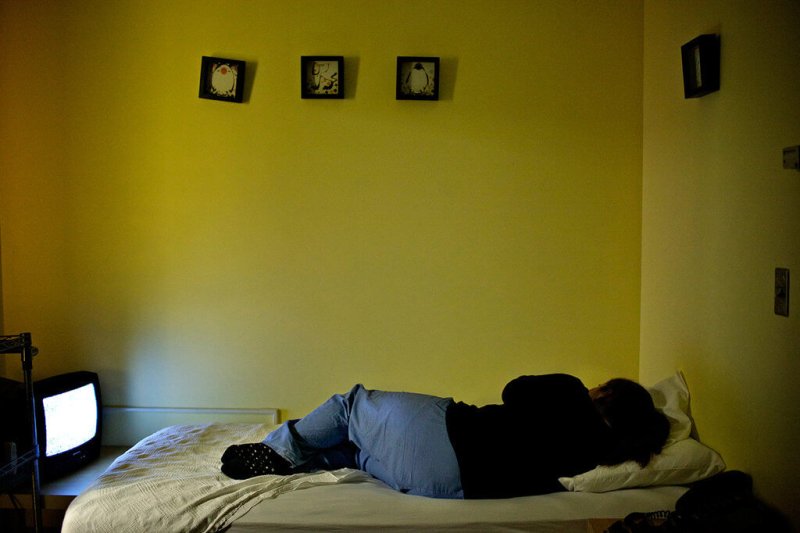Sleep deprivation can damage DNA and the body’s ability to repair this, possibly leading to higher chances of genetic diseases such as cancer, a study has found.
The University of Hong Kong research, which looked into the effects of sleep deprivation on local doctors, found that those who needed to work overnight shifts had a higher level of damage in their DNA, as well as lower levels of gene activity associated with DNA repair.
…
DNA damage means a change in the basic structure of genetic instructions for cell growth and functions in organisms, and this alteration is not repaired when the molecule is replicated.
[Researcher Gordon] Wong said DNA damage and lower repair ability could bring bigger health implications.“[Such conditions] may increase chances of developing diseases from genetic mutations such as cancers,” he said.
…
The recommended hours of sleep for people vary across age groups. An adult aged between 18 and 60 would need at least seven hours of sleep per night, according to the website of the US Centres for Disease Control and Prevention.
Read full, original post: Lack of sleep could damage DNA and affect repair ability, possibly raising cancer risk, University of Hong Kong study finds































